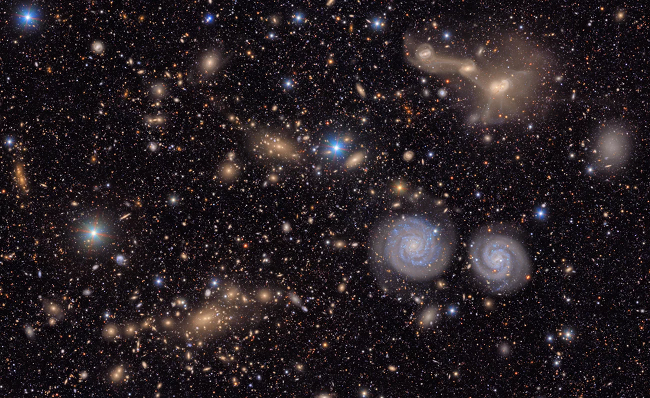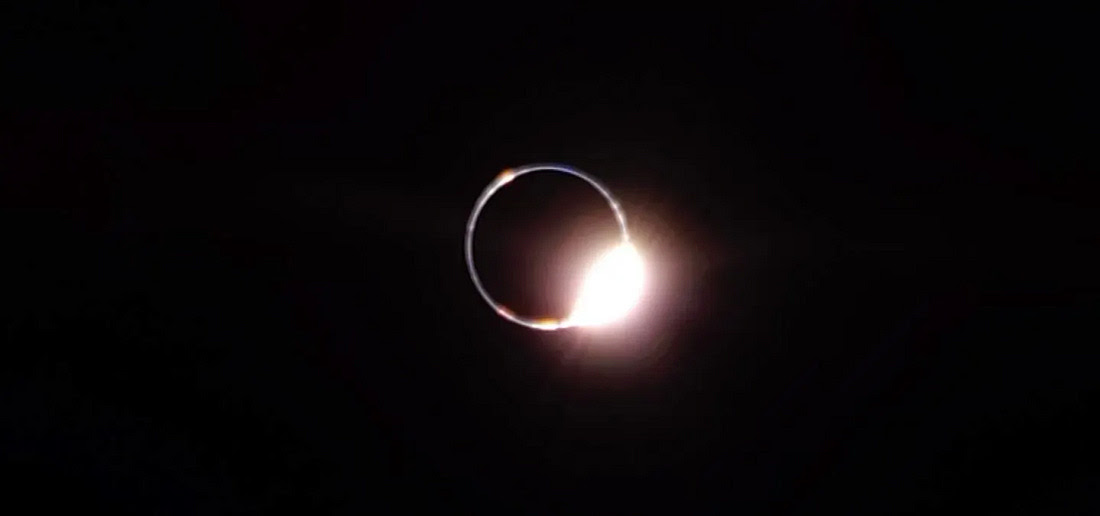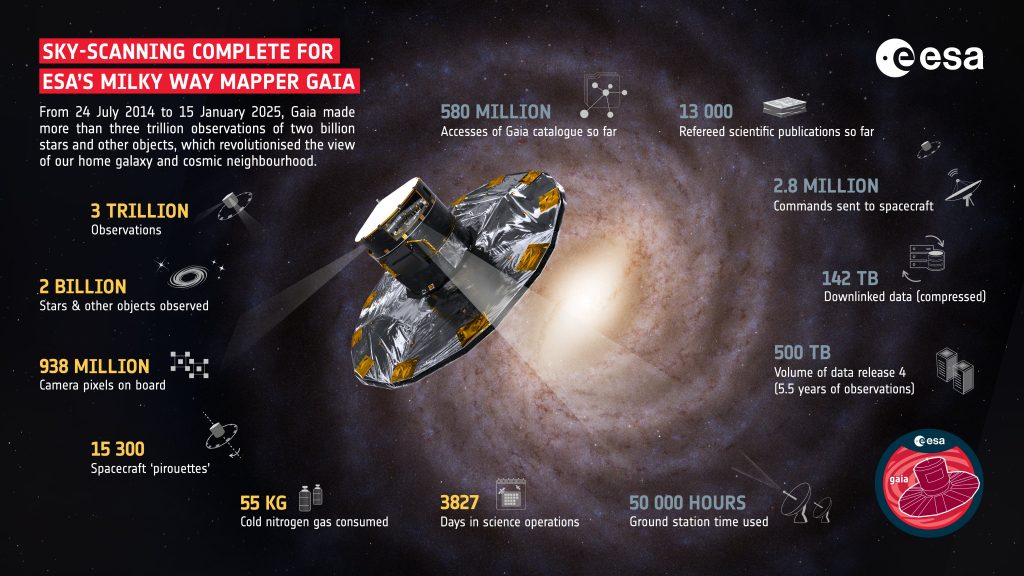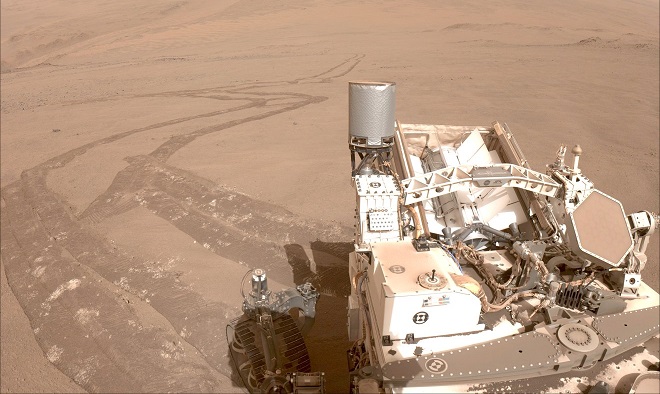Bob Siederer
30 June 2025

Hello again Science Fans!
I’ve been traveling a lot these past few months. It always brings me a fresh perspective, seeing other parts of the US and the world.
It also reminds me that no matter what you are going through, someone is worse off than you.
Today we celebrate the first images released from the Vera C. Rubin observatory in Chile. They are loaded with fantastic








